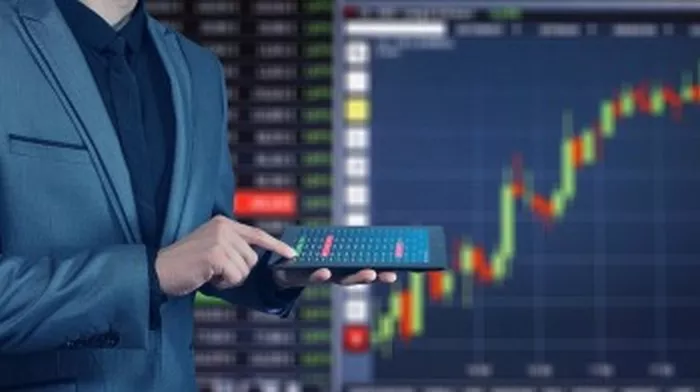Futures trading is a complex and sophisticated financial endeavor that involves speculating on the future price movements of various assets, including commodities, currencies, and stock indices. However, there has long been a debate about whether futures trading can be likened to gambling due to its speculative nature.
Defining Futures Trading
Futures trading is a financial derivative activity that revolves around the buying and selling of futures contracts. These contracts obligate the buyer to purchase and the seller to sell a specific quantity of an underlying asset at a predetermined price on a specified future date. Unlike traditional investments where one owns an asset, futures trading is primarily a speculative endeavor where traders aim to profit from price fluctuations without owning the actual asset.
Speculation vs. Gambling
While both speculation and gambling involve risking capital in the hopes of making a profit, they are fundamentally different in several key ways:
a. Informed Decision-Making: In futures trading, participants rely on a wealth of information, research, and analysis to make informed decisions. Traders use technical and fundamental analysis, historical price data, and market trends to guide their strategies. In contrast, gambling often lacks the same level of research and analysis, relying more on chance and luck.
b. Risk Management: Futures traders actively employ risk management strategies to protect their capital and minimize potential losses. Techniques such as stop-loss orders, diversification, and position sizing are common in futures trading. Gambling, on the other hand, often lacks structured risk management practices and can involve impulsive bets.
c. Regulatory Oversight: Futures trading is subject to extensive regulatory oversight in most jurisdictions. Regulatory bodies, such as the Commodity Futures Trading Commission (CFTC) in the United States, enforce rules and standards to protect market participants. In contrast, gambling may have varying degrees of regulation, depending on the type and location of the activity.
d. Skill and Analysis: Futures trading places a strong emphasis on developing skills and analysis. Successful traders invest time in learning about market dynamics, risk management, and trading strategies. In gambling, while some games involve skill, many rely more on chance and luck.
Objective vs. Entertainment
Futures trading is primarily undertaken with the objective of managing risk, hedging, or seeking returns on investments. Many participants in futures markets are professional traders, financial institutions, and corporations using these instruments for legitimate financial purposes. In contrast, gambling is often seen as a form of entertainment where the primary goal is the thrill of the activity and the possibility of winning money.
Risk Assessment and Management
Risk assessment and management are integral aspects of futures trading. Traders carefully evaluate the potential risks associated with their positions and employ strategies to mitigate those risks. Risk is considered an inherent part of trading, and successful traders are adept at managing it effectively. In gambling, risk is often embraced as an essential element of the activity, and risk management practices may be less structured or even absent.
Investment Horizon
Futures trading typically involves a more extended investment horizon than gambling. Traders often hold positions for days, weeks, or even months, depending on their trading strategies. In contrast, many forms of gambling, such as casino games and sports betting, provide immediate results, and the outcome is typically determined in a short timeframe.
Knowledge and Education
Successful futures trading requires a substantial degree of knowledge and education. Traders must understand market dynamics, technical and fundamental analysis, trading strategies, and risk management techniques. They continuously update their knowledge to adapt to changing market conditions. Gambling, while it may involve skill in some cases, often relies on less specialized knowledge and education.
Purpose and Intent
The underlying purpose and intent of futures trading and gambling also set them apart. Futures trading serves legitimate economic functions, including price discovery, risk management, and liquidity provision for various industries. Gambling, on the other hand, is primarily a form of entertainment or a means of wagering money for the chance of winning more money.
Emotional Control
Futures traders are expected to exercise emotional control and discipline as they navigate the inherent uncertainties of financial markets. Emotional reactions, such as fear and greed, can have a significant impact on trading outcomes. Traders often develop strategies to manage these emotions effectively. In contrast, gambling activities may evoke strong emotional responses but may not necessarily require the same level of emotional control and discipline.
Conclusion
In conclusion, while there are similarities between futures trading and gambling, they are fundamentally distinct activities. Futures trading is a financial endeavor that involves informed decision-making, risk management, and a legitimate economic purpose. It is undertaken by professionals and institutions seeking to manage risk or generate returns on investments. In contrast, gambling is often associated with chance, entertainment, and a shorter investment horizon. It is important to recognize these distinctions when evaluating the two activities, as they have different implications for risk, regulation, and financial outcomes.


